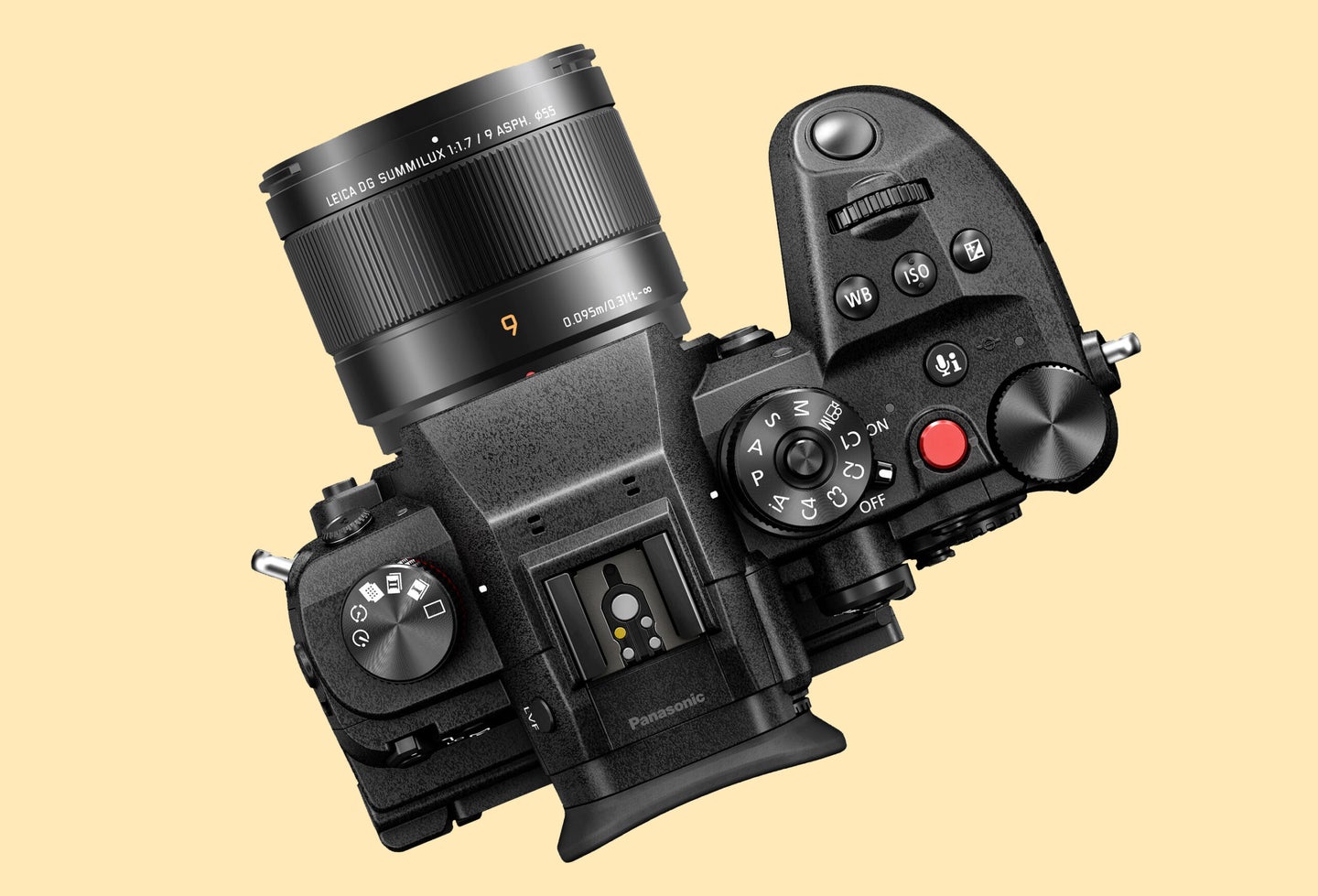New gear: Panasonic Leica DG Summilux 9mm f/1.7 for Micro Four Thirds
With an 18mm equivalent focal length, fast aperture, and near-silent AF, this $500 lens should appeal to a wide range of users.

Meet the Panasonic Leica DG Summilux 9mm f/1.7 lens for Four Thirds system cameras. Offering an 18mm equivalent field of view in a reasonably compact body, this lens is poised to become a new go-to for folks shooting everything from landscapes to street photography, videography to astrophotography. It’ll be released later in the summer for $499.99.
Who is the Leica DG Summilux 9mm f/1.7 for?

Related: The Panasonic GH6 shoots unlimited 4K thanks to a built-in cooling system
The new Panasonic 9mm f/1.7 is being targeted at professionals and amateurs alike. It caters well to those who may want a wider angle perspective, without a fisheye effect, including architecture and interior photographers, environmental portrait shooters, event photographers, and more—18mm is truly a useful focal length!
Its large maximum aperture should allow users to create pleasing bokeh while isolating their subjects from the background. The Panasonic 9mm f/1.7 is also fairly lightweight, so travel enthusiasts may want to consider it, too. Additionally, it’s dust- and splash-resistant and can function in weather down to 10 degrees below freezing—safe to say, this is an adventure-friendly lens.
And thanks to speedy, near-silent AF and a generous close-focus distance of just 3.7 inches, the Panasonic 9mm f/1.7 should be a great option for video shooters too. Panasonic also promises well-controlled focus breathing (an annoying phenomenon in which the framing shifts as the focus is pulled).
Build quality & optics
Weighing 4.5 ounces and measuring 2.4-inches in diameter and 2-inches in height, this petite lens offers a 55mm filter ring up front and a well-sized focus ring around the barrel. The optical construction consists of 12 lens elements in nine groups. Two of those are aspherical elements, two others are Extra-Low Dispersion (ED), and one is an Ultra-High Refractive Index (UHR) element. The UHR element should ensure excellent sharpness from the center to the edges. And the aspherical, ED, and UHR elements should help tame optical uglies like chromatic aberration.

Video shooters will also appreciate the fact that the lens’ focus ring can be set to either linear or non-linear control. The former allows shooters to make repeatable focus pulls at a fixed speed, the latter allows users to increase the speed of focus by turning the ring faster. Users can also adjust the distance of the focus pull in non-linear mode, from 90 degrees to 360 degrees, in 30-degree increments.
Autofocus & aperture
As mentioned, Panasonic promises fast, smooth, and (nearly) silent AF performance. A seven-blade circular aperture diaphragm allows for a maximum aperture of f/1.7 and a minimum of f/16. This diaphragm is capable of “micro-step” aperture adjustments, allowing video shooters to change the iris in a smooth manner while filming.
The 3.7-inch minimum focus distance provides a magnification ratio of 0.25x—though this is not technically a macro lens, you’ll still be able to get fairly up-close and personal to your subjects when using it.
Price & availability
Panasonic projects that the Leica DG Summilux 9mm f/1.7 will be available starting in late July at a price of $499.99. It comes in just one color, black, which, as they say, goes with everything.
